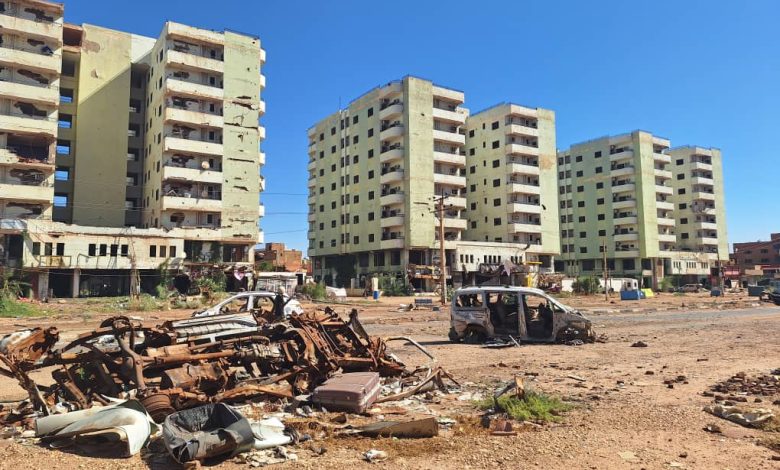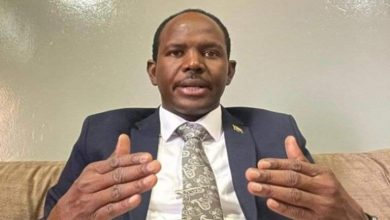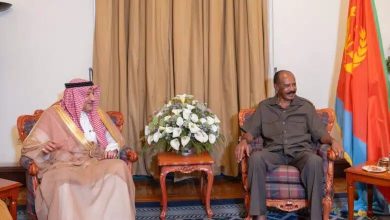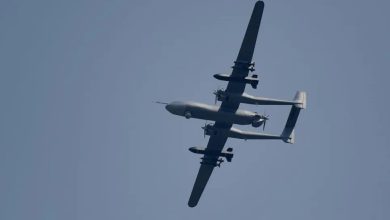
Returning residents to the city of Khartoum Bahri are facing an unfamiliar reality: some open spaces and public squares in the city’s neighborhoods have been turned into makeshift cemeteries during the war.
A tour by Sudan Tribune documented several graves in the Shambat neighborhood, as some families are now seeking to transfer the remains of their deceased relatives to official cemeteries. At the same time, they are struggling to resume life amid a lack of basic services.
Residents who remained in their homes throughout the war were forced to bury their dead within the neighborhoods due to ongoing military operations and restrictions imposed by the Rapid Support Forces (RSF) on civilian movement at the time.
Khartoum Bahri had been under RSF control since the war began in mid-April 2023, until the army regained control of the city in late January of this year.
Volunteer Yaqub Ahmed stated that residents had no choice but to bury their dead in the nearest location, avoiding long distances due to continuous shelling and movement restrictions within the city.
The Civil Defense Department removed several bodies after neighborhood residents filed reports, but some remains are still inside homes or on inner streets.
Sudan Tribune documented a decomposed body of an RSF member inside one of the houses, raising further concern over the potential presence of more uncollected bodies in abandoned homes.
Yaqub explained that some families are seeking to transfer the remains to official cemeteries. He noted that one of his neighbors, a Syrian national, managed to move his daughter’s remains from a neighborhood grave to a public cemetery.
However, Mohamed Abbas, who still lives in Omdurman, attempted to relocate his brother’s remains to a public cemetery but was unable to complete the complicated police procedures due to transportation and work constraints.
According to neighborhood residents, there are some graves located inside homes, where dozens died either from shelling or from diseases like cholera and viral fevers that swept through the city during the war.
Parts of the Shambat Extension Stadium and the Khidr Bashir Theater in Shambat Hilla were turned into makeshift cemeteries. Sudan Tribune also observed a small graveyard near the mosque of Block 3 in Shambat Extension.
Residents reported that, during RSF control, volunteers sometimes had to bury two bodies in one grave out of fear of lingering too long in the streets.
Volunteer activist Musab Al-Jak told Sudan Tribune that efforts had been made in coordination with the police to relocate remains buried in the streets and public squares to official cemeteries. However, legal and bureaucratic delays have hampered the process after the matter was referred to the Safia Police Station, which has jurisdiction over the area.
The volunteer explained that police requested a large number of reports to facilitate procedures to clear the streets and squares of Bahri from graves, which activists say is a major concern for families returning to neighborhoods they had left over two years ago.



